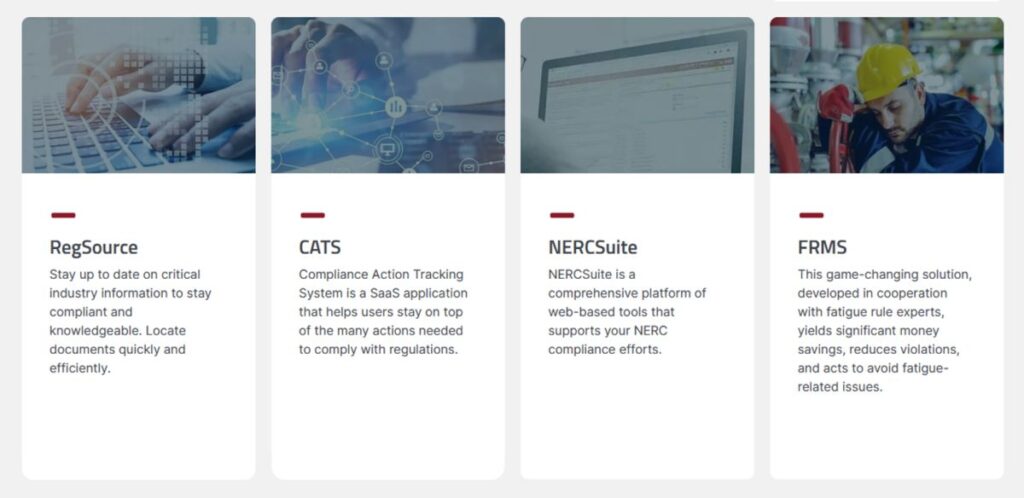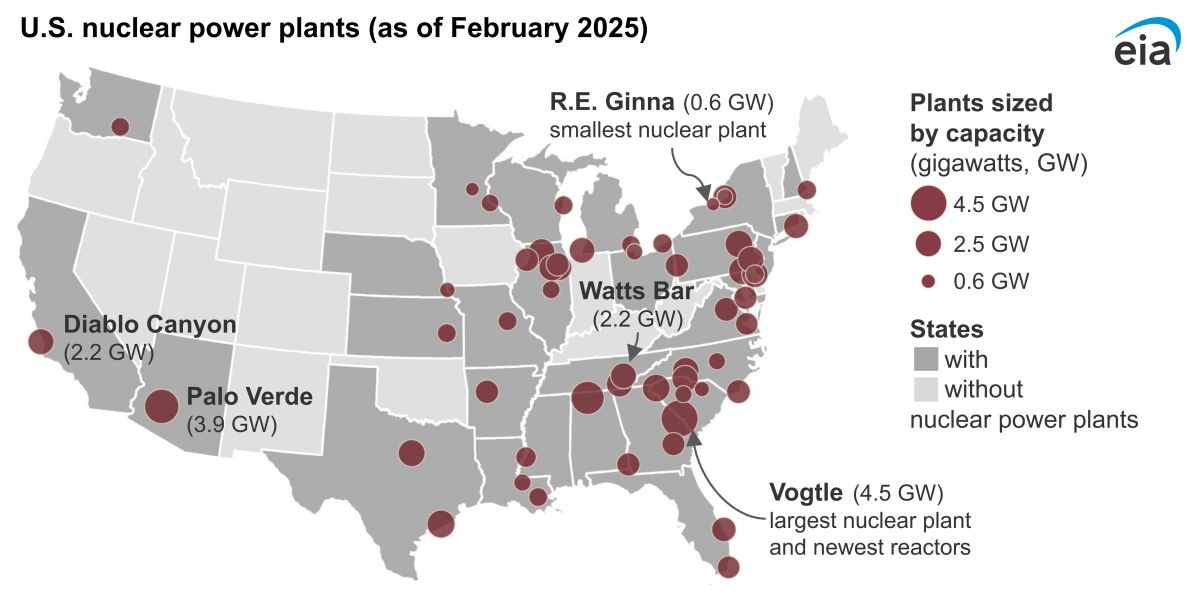In the tightly regulated nuclear energy industry, ensuring safety and compliance is crucial for protecting public health and security. Ensuring the safe and efficient operation of nuclear facilities requires stringent adherence to licensing and regulatory requirements. These regulations, developed by the Nuclear Regulatory Commission (NRC) govern the operation of commercial nuclear facilities.
The Role of Regulatory Compliance and Licensing in the Nuclear Sector
Licensing is a fundamental component of the nuclear sector. Rigorous and detailed, the licensing process is designed to ensure that only organizations capable of maintaining committed safety parameters can operate. Through the licensing process, the NRC authorizes an applicant to conduct any or all of the following activities:
- Construct, operate, and decommission commercial reactors and fuel cycle facilities
- Possess, use, process, export, and import nuclear materials and waste, handling certain aspects of their transportation
- Site, design, construct, operate, and close waste disposal sites.
Managing licensing is critical to maintaining compliance and ensuring the safe operation of nuclear facilities. However, the regulatory and licensing process comes with many unique challenges that are often difficult for nuclear facilities to address.
Challenges of Regulatory Licensing and Compliance in the Nuclear Sector
Navigating the complex landscape of regulatory requirements is challenging for most organizations within the nuclear sector. Ensuring safety and regulatory compliance is crucial, and maintaining accurate and up-to-date licensing documentation is a significant part of this process. Common challenges within regulatory affairs include:
- Maintaining Updates: Some licensing documentation, such as the Final Safety Analysis Report, (FSAR) requires updates on the occurrence of plant modifications, changes in operation procedures, and updates to safety analysis assumptions.
- Document Management: Managing, reviewing, and revising large amounts of complex nuclear safety documents can be challenging to track and store.
- Resource Allocation: Facilities require comprehensive management strategies to efficiently allocate employees and resources for regulatory affairs.
- Training and Expertise: Facilities must address the need for employee retraining on intricate and infrequently performed tasks.
- Efficiency: Enhancing the efficiency of navigating regulatory tasks is vital for optimizing operations.
Safety and security are critical in the nuclear sector, with licensing and regulatory compliance being key to ensuring both. Embracing best practices and technological solutions in document management, training, and resource allocation can help nuclear facilities meet these challenges effectively, ensuring ongoing compliance and operational safety.
Enhancing Safety and Security through Compliance Solutions
Certrec’s expertise in the nuclear licensing process is invaluable in meeting the challenges of the complex regulatory environment as a leading provider of licensing and regulatory compliance solutions. Certrec offers comprehensive support tailored to meet the unique needs of the nuclear industry. Our regulatory SaaS solutions and services ensure compliance with regulatory requirements and facilitate smooth licensing processes.

Conclusion
In the highly regulated nuclear sector, achieving and maintaining compliance with licensing and regulatory requirements is essential for safe and efficient operations. By leveraging Certrec’s expertise, nuclear facilities can focus on their core mission of generating safe, reliable, and sustainable energy for the future. Certrec plays a vital role in helping nuclear facilities manage regulatory changes effectively, ensuring ongoing compliance and operational excellence. Embracing Certrec’s expertise allows nuclear facilities to navigate the complexities of the regulatory environment with confidence, maintaining the highest standards of safety and efficiency.
Disclaimer: Any opinions expressed in this blog do not necessarily reflect the opinions of Certrec. This content is meant for informational purposes only.












